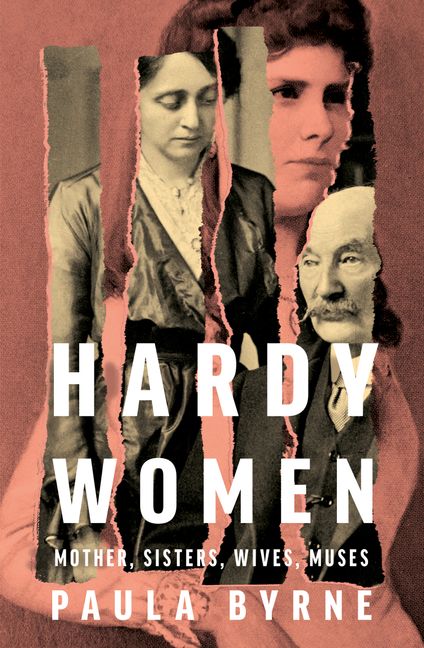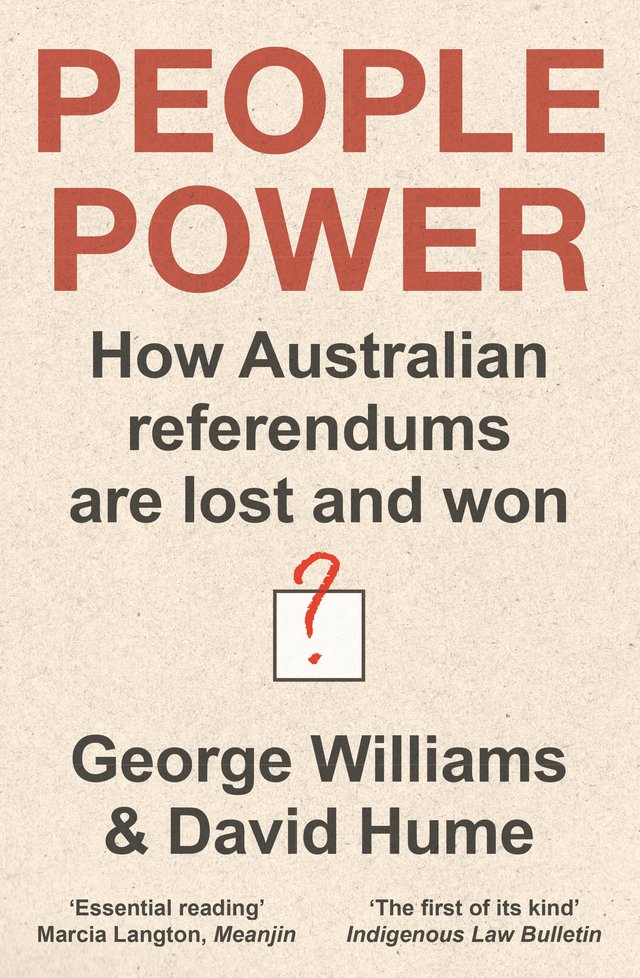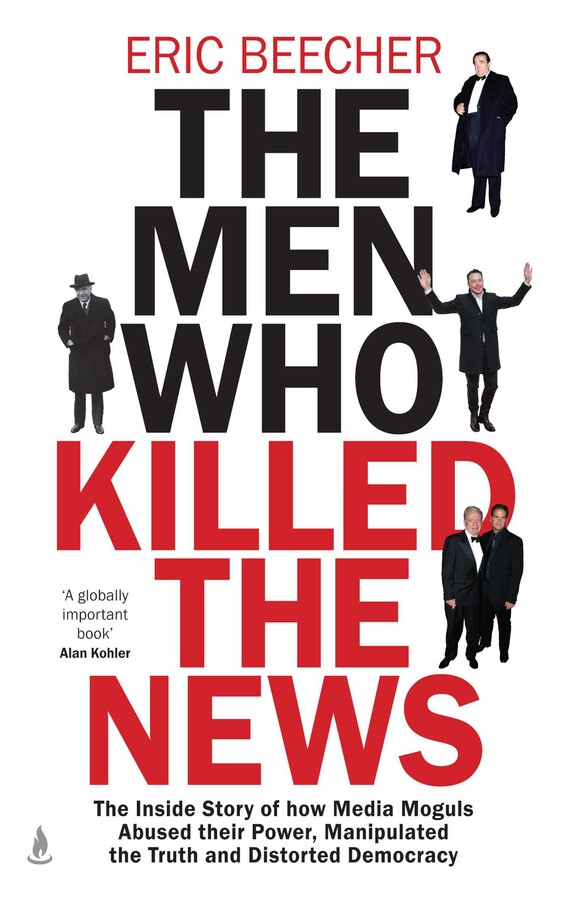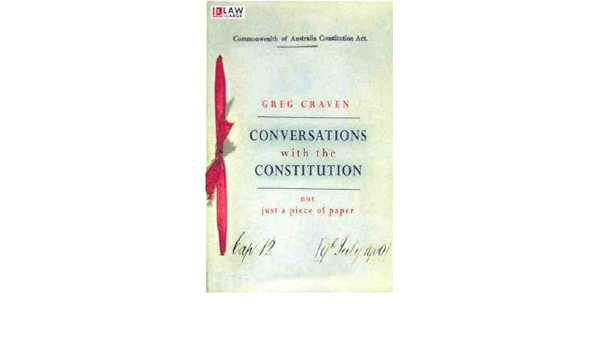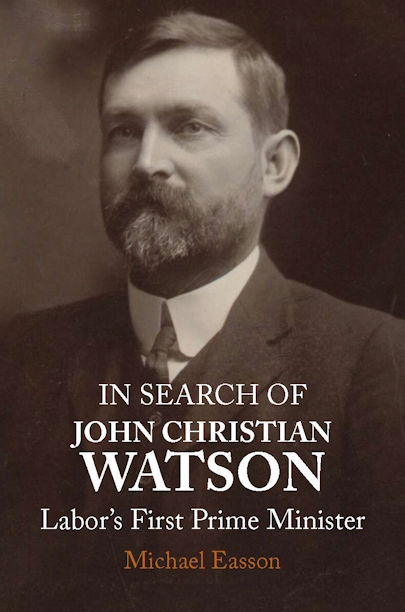Non Fiction
Some Men In London: Queer life, 1945-1959 edited by Peter Parker
by Ian Dickson •
Australia’s Pandemic Exceptionalism: How we crushed the curve but lost the race by Steven Hamilton and Richard Holden
by Johanna Leggatt •
How to Lose a War: The story of America’s intervention in Afghanistan by Amin Saikal
by Ian Parmeter •
People Power: How Australian referendums are lost and won by George Williams and David Hume
by Anne Twomey •
The Men Who Killed the News: The inside story of how media moguls abused their power, manipulated the truth and distorted democracy by Eric Beecher
Conversations With The Constitution: Not Just A Piece Of Paper by Greg Craven
by James Upcher •
In Search of John Christian Watson: Labor’s first prime minister by Michael Easson
by Lyndon Megarrity •
Vector: A surprising story of space, time, and mathematical transformation by Robyn Arianrhod
by Michael Lucy •
The Fatal Alliance: A century of war on film by David Thomson
by Kevin Foster •

